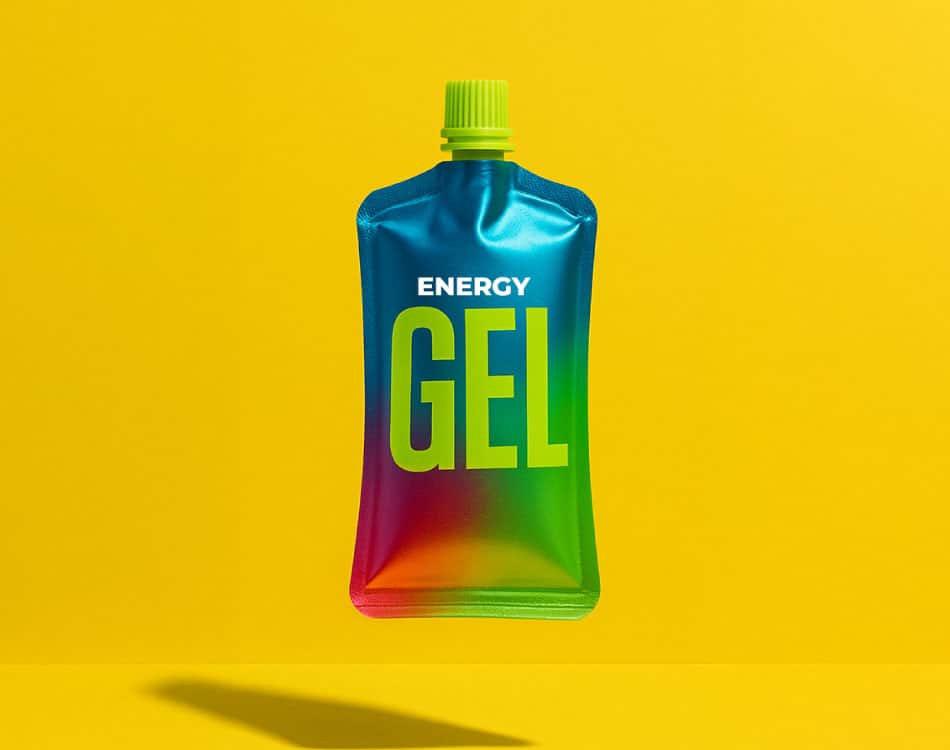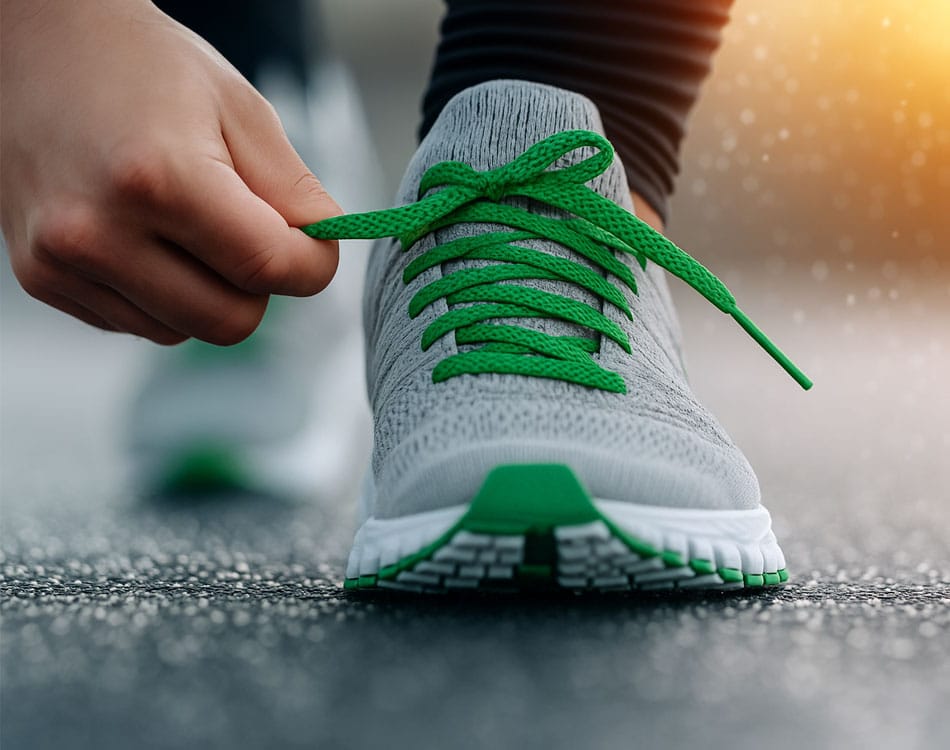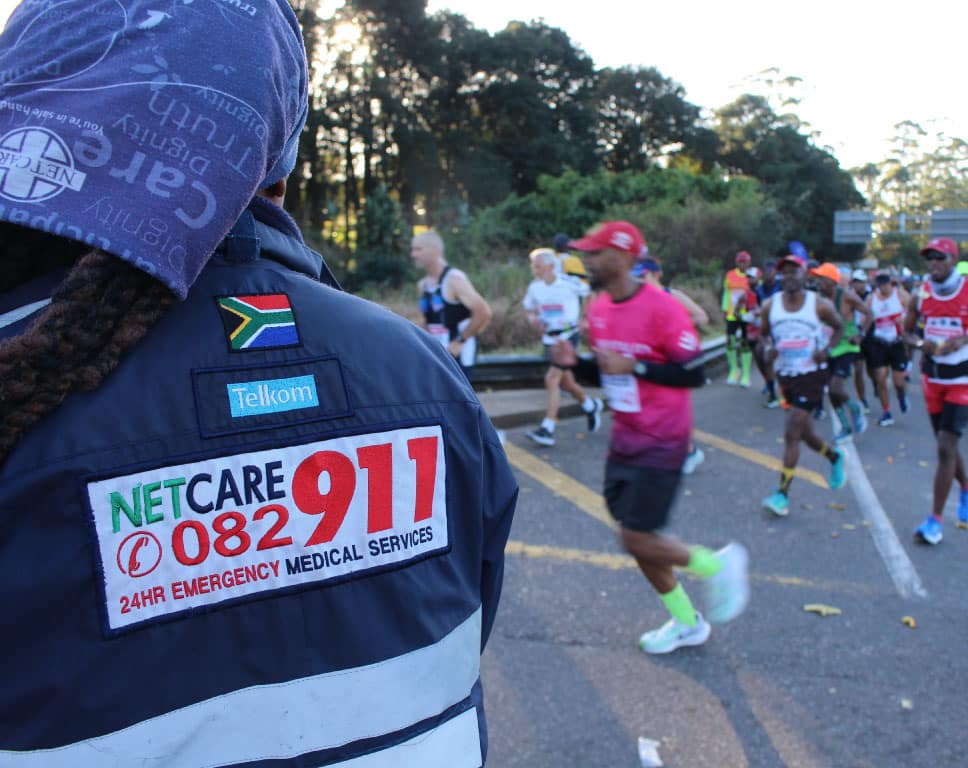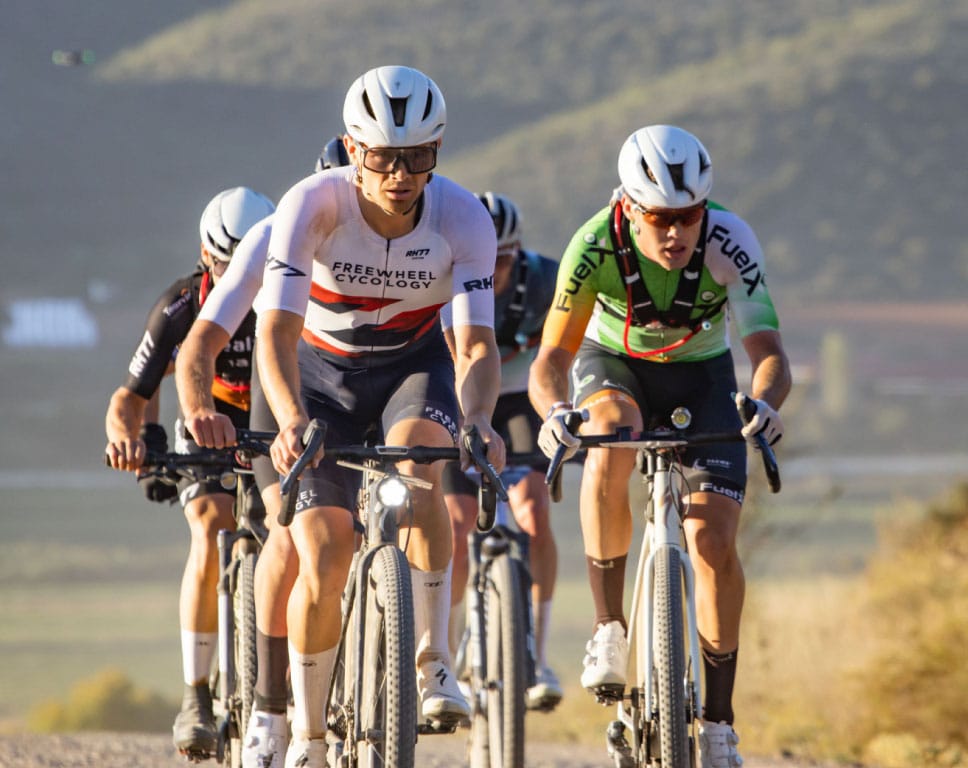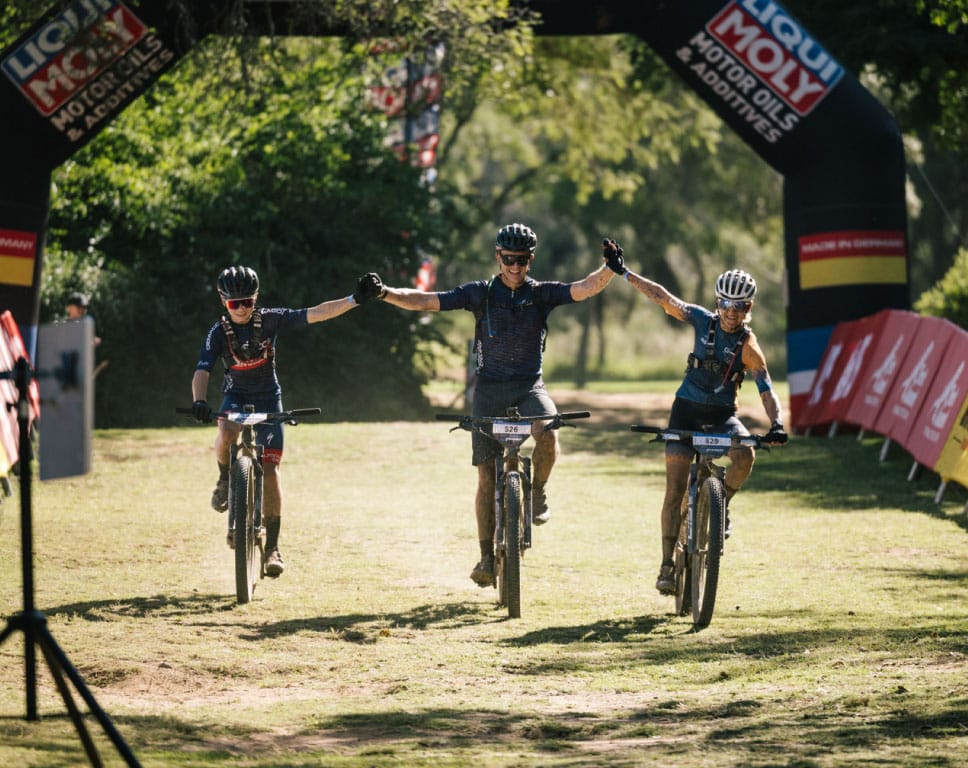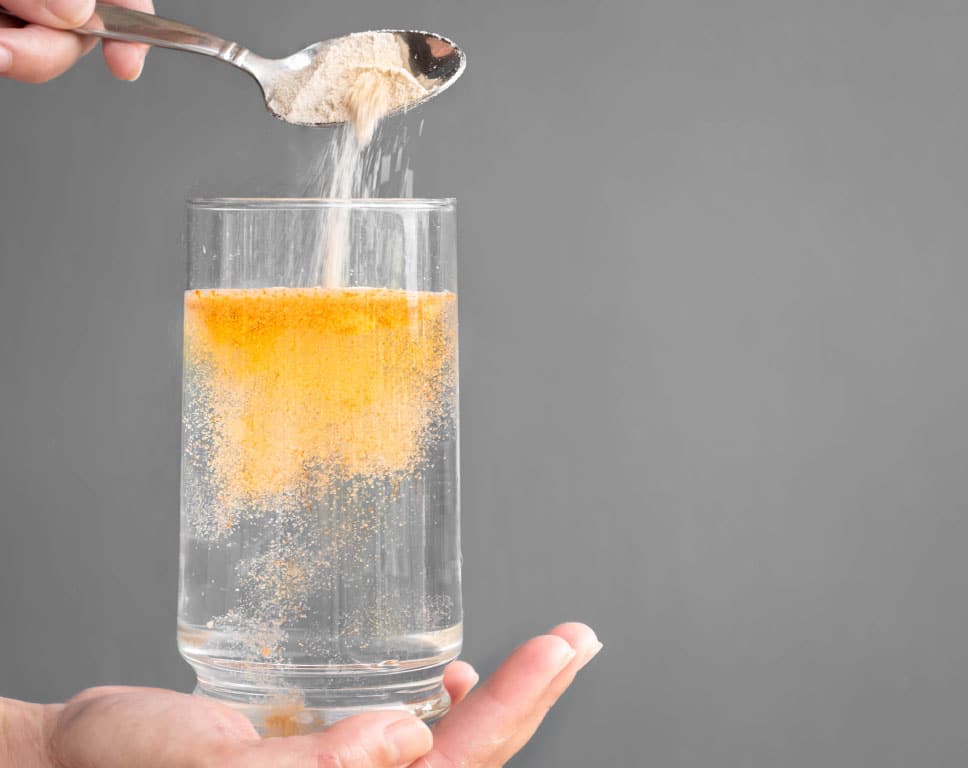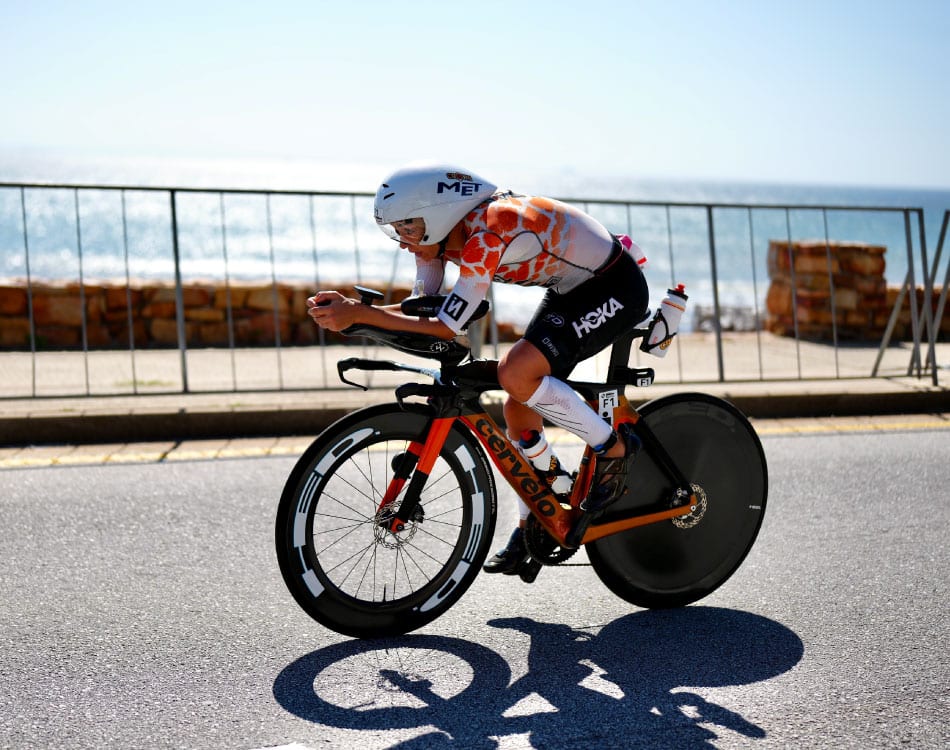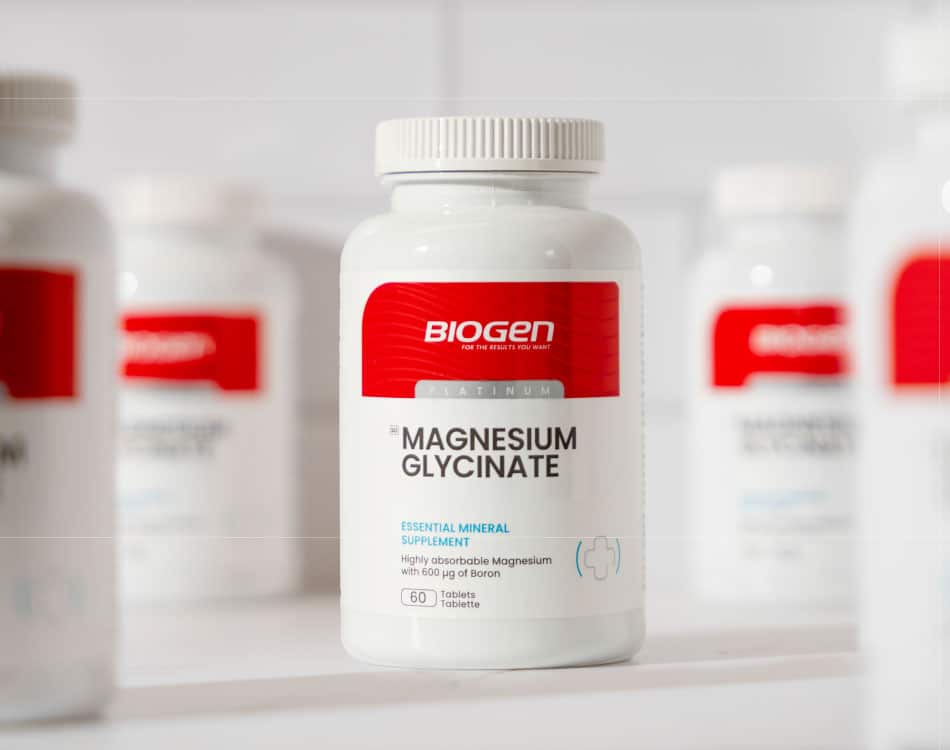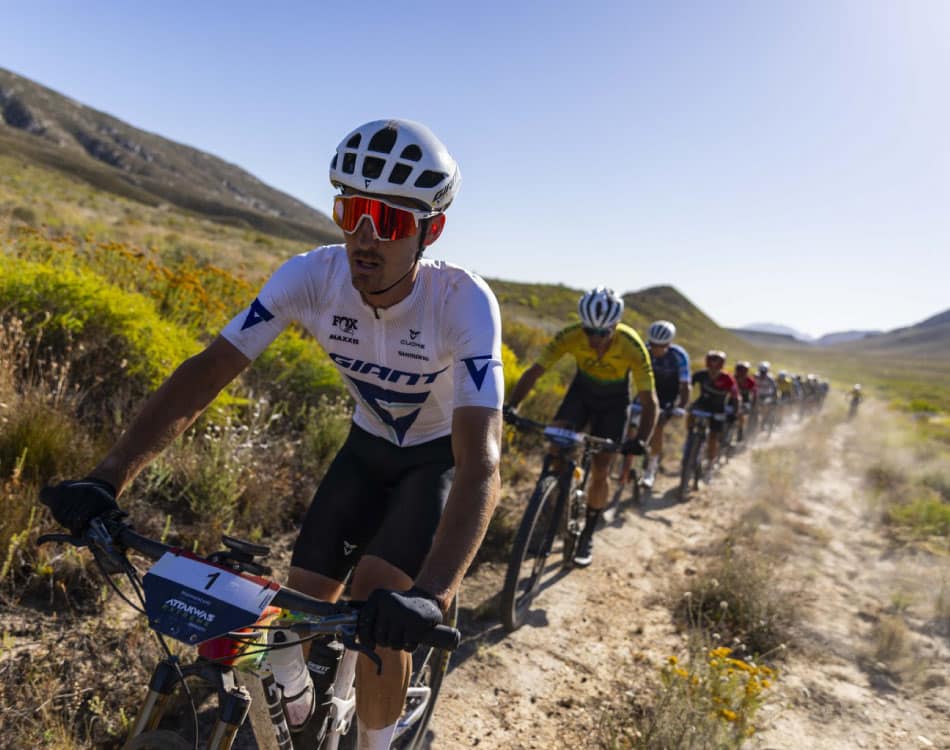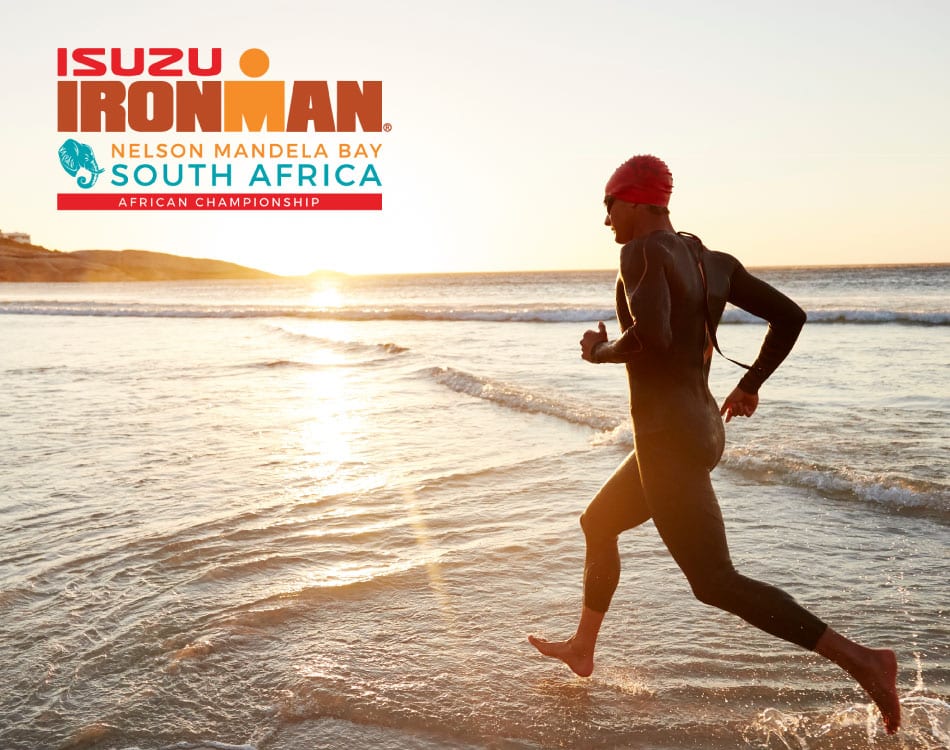Today’s performance is only as good as yesterday’s recovery, yet many athletes fail to apply the same level of focus and dedication they invest in their training to their recovery efforts.
This can limit gains in fitness and strength because the body isn’t given the time, fuel and opportunity between sessions to repair, rebuild and adapt in response to hard training.
Optimal recovery is also multifaceted, which means it’s about more than just taking time off from the road or trail.
Odelle Joubert, a Level 2 Cycling Coach and Wattbike Master Trainer at Performance Through Science coaching in Johannesburg, applies this comprehensive recovery approach with all her clients to ensure they recuperate as best they can during their periodised training blocks and arrive at the start line of their A race fresh and prepared to achieve their goals.
Physical recovery guidelines
Reduce inflammation: There are several ways to reduce inflammation, including icing, compression, elevation, massage, stretching, and hydrostatic pressure.
Lower resting heart rate: Get your heart rate down as quickly as possible after training to improve recovery between sessions.
Active recovery: Take a short walk or perform a very easy run, swim or light spin on rest days to keep moving without adding additional load on your body.
Get quality sleep: Ensure sleep conditions are comfortable with a good quality bed and bedding, appropriate ambient temperature and lighting, and a quiet environment. Get a minimum of 8 hours of quality sleep a night. A nap within 3 hours of a race effort is optimal.
Sports massage: Get a full-body sports-specific massage as soon as possible after a race effort or hard training session, after you’ve met your nutritional recovery needs.
Nutritional recovery guidelines:
Rehydrate: Rehydration is mission-critical. Record your weight every morning, before and after a ride to accurately manage rehydration requirements. Start replenishing fluids as soon after training or racing as possible and then continue hydrating until your pre-training session or pre-race weight is regained.
Restore glycogen levels: Within 20 minutes after a long workout, consume a small meal of carbohydrates every 30 minutes for 3 hours to restore glycogen and glucose to optimal levels. Focus on high-quality carb sources from whole foods and supplements.
Restore electrolyte balance: Replenish electrolytes immediately after training, consuming natural sources of electrolytes such as milk and ripe bananas, or via supplements.
Meet your protein requirements: Exploit the fact that amino acids and proteins reach muscle cells three times faster following a workout or race, by consuming protein-rich foods or supplements within 20-30 minutes after finishing.
Naturally boost red blood cell production: Red blood cell production begins when kidneys detect low blood oxygen levels. After an endurance event, the body needs these various nutrients to produce new red blood cells, which are essential to prevent fatigue and deliver adequate oxygen to the cells. Focus on foods such as:
- Proteins such as beef, kidney, liver, poultry, fish;
- Dark, leafy green vegetables;
- Dried fruits;
- Plant-based proteins such as legumes, beans and nuts;
- Vegetables such as sweet potato and carrots;
- Fruits, including grapes, bananas and apples.
Psychological recovery guidelines:
Manage stress: Find ways to stay motivated and manage or reduce all forms of stress. Options include meditating, having a relaxing walk, spending time doing a favourite hobby or an activity that releases oxytocin to reduce the amount of cortisol in the system.
Environmental recovery guidelines:
Temperature: Track and record temperature levels, then apply different temperature-related recovery methods such as ice baths, cryotherapy or contrast immersions to accelerate recovery.



